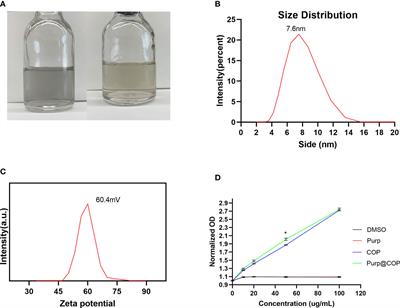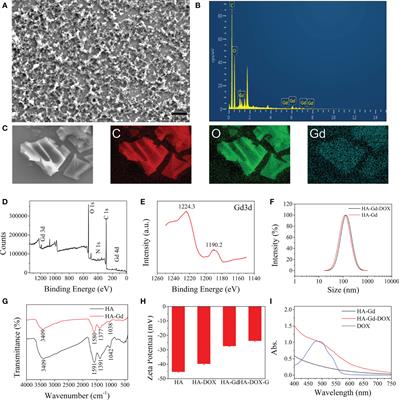REVIEW
Published on 31 Jan 2023
Precise diagnosis and treatment of non-muscle invasive bladder cancer - A clinical perspective

doi 10.3389/fonc.2023.1042552
- 2,054 views
- 1 citation
3,406
Total downloads
11k
Total views and downloads
You will be redirected to our submission process.
REVIEW
Published on 31 Jan 2023

ORIGINAL RESEARCH
Published on 09 Nov 2022

ORIGINAL RESEARCH
Published on 17 Oct 2022

CASE REPORT
Published on 10 Aug 2022

ORIGINAL RESEARCH
Published on 28 Jun 2022

ORIGINAL RESEARCH
Published on 28 Feb 2022

